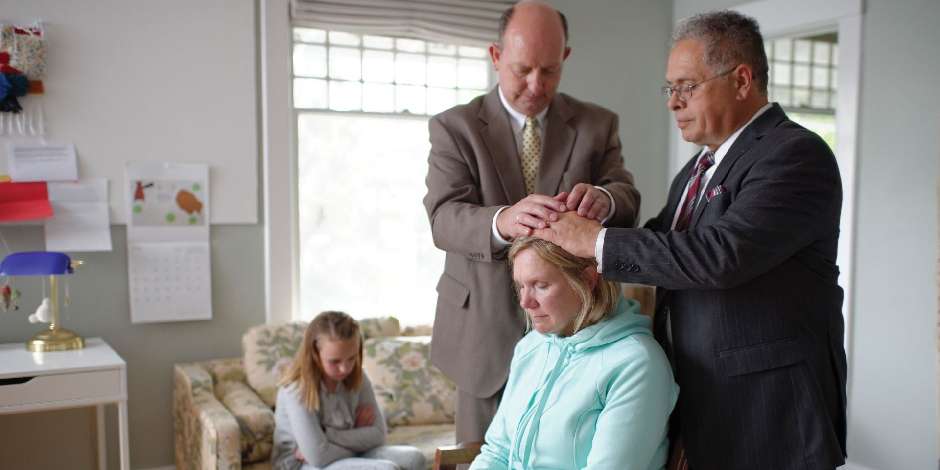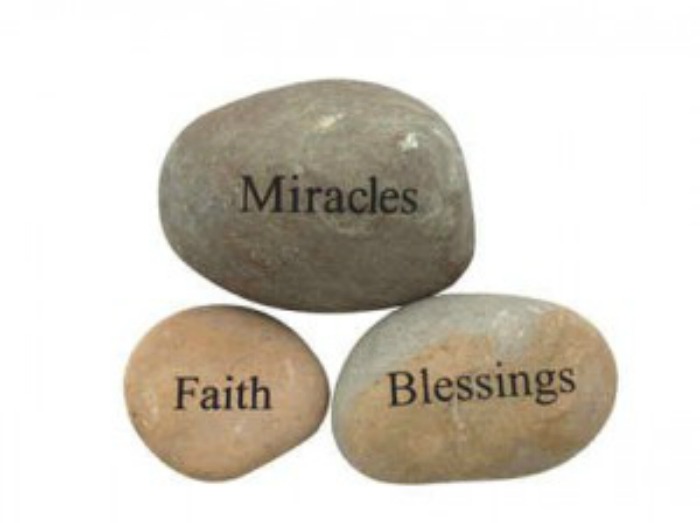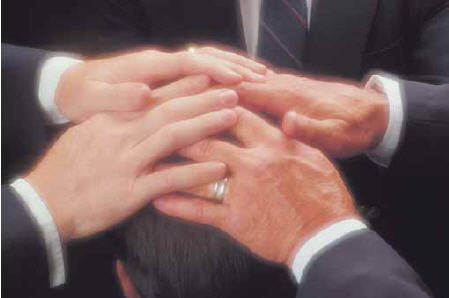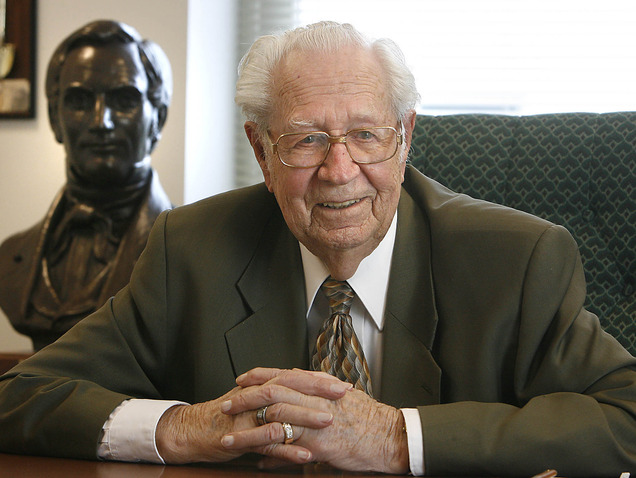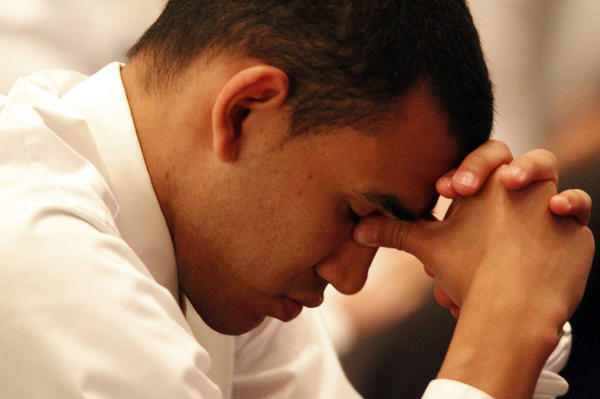Question
Hey gramps,
I was wondering if, when other religions and churches give blessings, do they not take effect? In meaning this, I know our church is true and the priesthood holders are given true priesthood keys, but with God being all loving, do other blessings for the sick and needy not work just because the holder is unworthy?
Bryson
Answer
Bryson,
At the heart of healing through prayer lies the concept of faith. Faith is a powerful force that transcends organized religion, acting as a common thread among various belief systems. In the Christian tradition, the Bible emphasizes the importance of faith in the healing process. James 5:16 states, “The effectual prayer of a righteous man [or woman] availeth much.” This scripture highlights that the sincerity and righteousness of the individual praying can significantly impact the outcome of the prayer.
Moreover, faith is not limited to the confines of a specific church or doctrine. People from various religious backgrounds often report experiencing healing through prayer, suggesting that divine intervention can occur regardless of one’s religious affiliation. This universality of faith indicates that God’s will and the faith of the individual play crucial roles in the healing process.
In addition to individual prayer, collective practices such as fasting can amplify the healing process. Fasting, when combined with prayer, is believed to demonstrate a deeper level of faith and commitment to God. When a group of individuals comes together to fast and pray for someone’s healing, the collective faith can create a powerful spiritual environment conducive to healing. This principle is echoed in various religious traditions, where communal prayer and fasting are seen as potent tools for invoking divine assistance.
The act of fasting serves as a demonstration of humility and devotion, allowing individuals to focus their intentions and prayers more clearly. This collective effort can lead to remarkable outcomes, reinforcing the idea that faith, whether expressed individually or collectively, is a vital component of the healing process.
For members of The Church of Jesus Christ of Latter-day Saints, priesthood blessings represent a unique aspect of healing. A worthy priesthood holder is believed to possess authority and power delegated from Jesus Christ, enabling them to call down divine assistance on behalf of the afflicted. This priesthood authority is considered essential for administering certain ordinances and blessings, including those related to healing.
When a priesthood holder prays for someone who is sick, they do so with the belief that they are acting under divine authority. This belief in priesthood power sets the Church apart from many other Christian denominations, where the concept of priesthood may not hold the same significance. The Church teaches that priesthood blessings can lead to complete healing, contingent upon the faith of both the individual receiving the blessing and the priesthood holder.
While all forms of prayer can lead to healing, many members of the Church believe that priesthood blessings are the most efficacious. This belief stems from the understanding that these blessings are not merely requests for divine intervention but are seen as authoritative declarations made in the name of Jesus Christ. The faith of the priesthood holder, combined with the faith of the afflicted, creates a powerful synergy that can result in miraculous healings.
Elder Dallin H. Oaks, in his talk during the April 2010 General Conference, emphasized the importance of priesthood blessings and their role in the healing process. He noted that while prayer and fasting are significant, the unique authority of the priesthood adds a layer of divine power that can lead to profound healing experiences.
While The Church of Jesus Christ of Latter-day Saints holds that it possesses the fullness of truth, it is essential to recognize the good in other faiths. Many individuals from various religious backgrounds engage in prayer and experience healing, demonstrating that God’s love and mercy extend beyond the boundaries of any single church. President Gordon B. Hinckley encouraged members to look for the good in everyone and in all religions, acknowledging that many great works have been accomplished by individuals of different faiths.
This perspective fosters a spirit of cooperation and understanding among different religious groups. The Church has often collaborated with other faiths on humanitarian projects, showcasing a commitment to helping those in need, regardless of their religious beliefs. Such collaborations highlight the shared values of compassion and service that exist across various faith traditions.
The question of spiritual confirmation is another area where cognitive dissonance can arise. Many individuals from different faiths claim to have received spiritual confirmations regarding their beliefs, leading to the question of how these experiences can coexist with the teachings of The Church of Jesus Christ of Latter-day Saints. It is essential to understand that God loves all His children and answers prayers according to His will and the individual’s capacity to receive truth.
The concept of learning “line upon line” suggests that individuals may receive different levels of understanding and revelation based on their spiritual maturity and readiness. This principle allows for the possibility that individuals from various faiths can experience genuine spiritual confirmation, even if their beliefs differ significantly from those of the Church. The key lies in recognizing that God’s guidance is available to all who seek it sincerely.
Gramps
Related Articles:
What is the difference in the healing of the sick?
Is there good in people of other religions?



